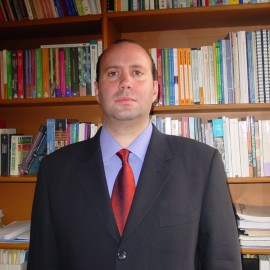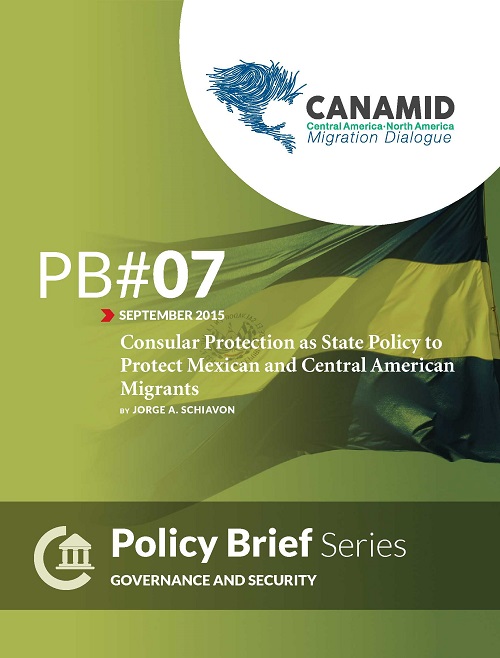
Rank “C” research professor for the Division of International Studies (DEI) at the Center for Economic Research and Teaching (CIDE) since 1999, where he has also been program coordinator for Interdisciplinary Migration Studies (CIDE-MIG) since 2013. He was director of the Division of International Studies from 2007 to 2010, general secretary from 2004 to 2007, director of Outreach and Development from 2002 to 2004 and director of the Political Science and International Relations degree from 2000 to 2001 at CIDE. He was president of the Mexican Association of International Studies (WAECE) from 2011 to 2013 and vice president from 2009 to 2011. He was also the founding president of the Latin American Federation of International Studies Association (FLAEI), which joins associations from Argentina, Brazil, Chile, Colombia and Mexico, being president during the period of 2012 to 2013.
He has published more than 80 academic publications (books, articles, chapters in books and papers) related to Mexico’s foreign policy; the history of international relations in Mexico; the international relations of sub-national governments (paradiplomacy); public opinion and foreign policy; economic and institutional reform in Mexico and Latin America; migration; institutions, decentralization and federalism in Mexico and Latin America; US-Mexico relations; and Latin American hemispheric relations.
 PB#07: Consular protection as state policy to protect Mexican and Central American migrants
PB#07: Consular protection as state policy to protect Mexican and Central American migrants
Following the implementation of more stringent immigration policies, there has been an increase in the violation of the rights of migrants—many of whom are minors—who lack the necessary migratory documentation in Mexico and Central America, whether that be in their country of origin, while in transit, at their destination or on their return. As such, consular protection should be positioned, institutionalized and consolidated as a state policy, being a responsibility shared by all countries within the region. Fortunately, in the last decade, Central American governments, following Mexico’s example, have begun to place consular protection as a priority public policy; however, they continue to favor diplomatic work over consular responsibilities.